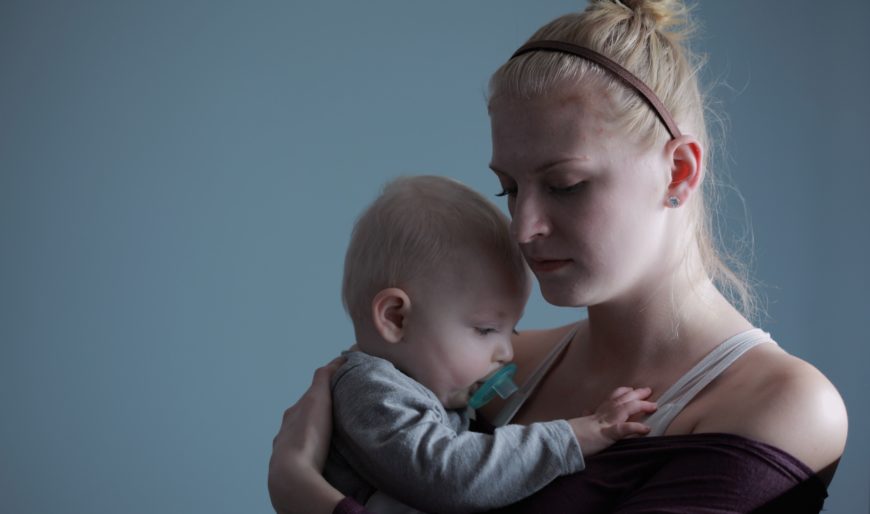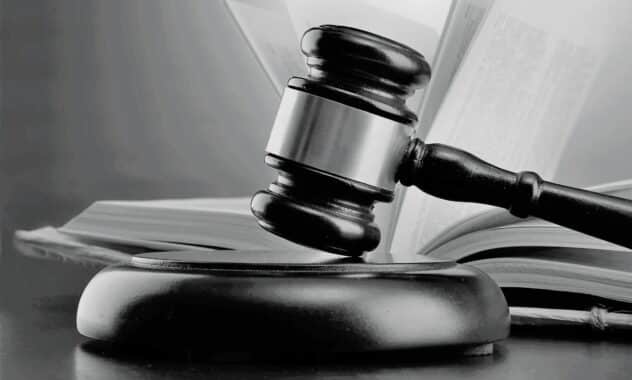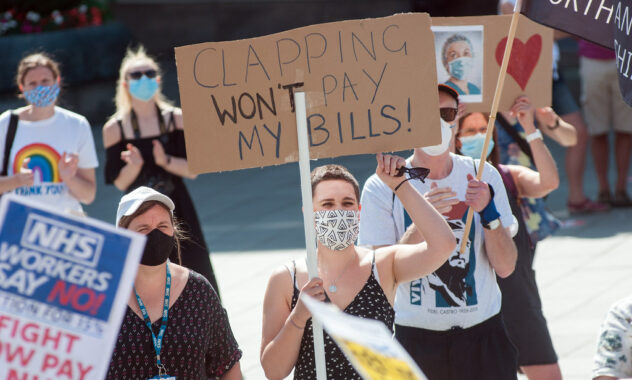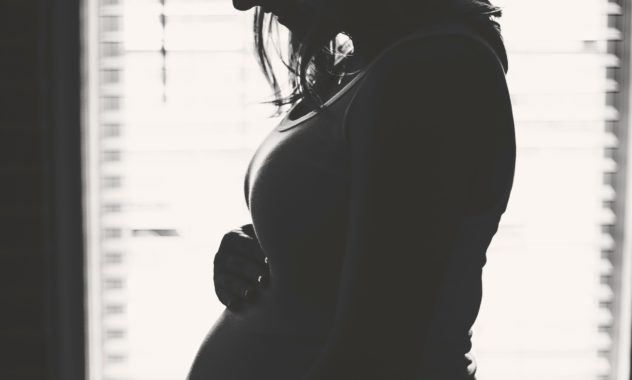Court of Appeal rules govt’s pandemic support discriminated against women
The Court of Appeal says the government indirectly discriminated against women but that discrimination was justified.

The Court of Appeal this week ruled that the government’s Self Employment Income Support Scheme discriminated against women, overturning an earlier judgment by the High Court.
Pregnant Then Screwed, a campaigning group for pregnant women and new mothers, brought the case after around 75,000 self-employed women lost out on financial support during the pandemic as a result of taking maternity leave.
SEISS payments were calculated by averaging the profits of self-employed people between 2016 and 2019 and then setting the level of support provided at 80% of this figure.
But no exemption was made for periods of time in which women’s earnings had fallen whilst they were on maternity leave, so their average – and, as a result, the support they were eligible to receive – was pulled significantly lower.
The Court of Appeal ruled on Wednesday (24 November 2021) that this policy indirectly discriminated against women.
However, the judges took into account the difficulty of making emergency policy during the pandemic and decided that the discrimination was justified in this case, which means the women will not be able to claim a rebate.
“The fact that women who have taken a period of maternity leave to do the most important job in the world – raising the next generation – are then subject to a lower payment is quite clearly discrimination,” Joeli Brierly, Chief Executive and Founder of Pregnant then Screwed, said.
Chancellor Rishi Sunak previously told the House of Commons that maternity leave is simply one of the “ups and downs” of self-employed, intimating that loss of earnings should be taken on the chin.
Referring to his comments after the Court of Appeal ruling, Brierly said there is a “blindness at the heart of government” when it comes to women’s needs. She added that she hopes the outcome of the case will serve as a reminder to policymakers of their obligation to treat people equally.
The case was backed by the Musicians’ Union, the Federation of Entertainment Unions and Community.







